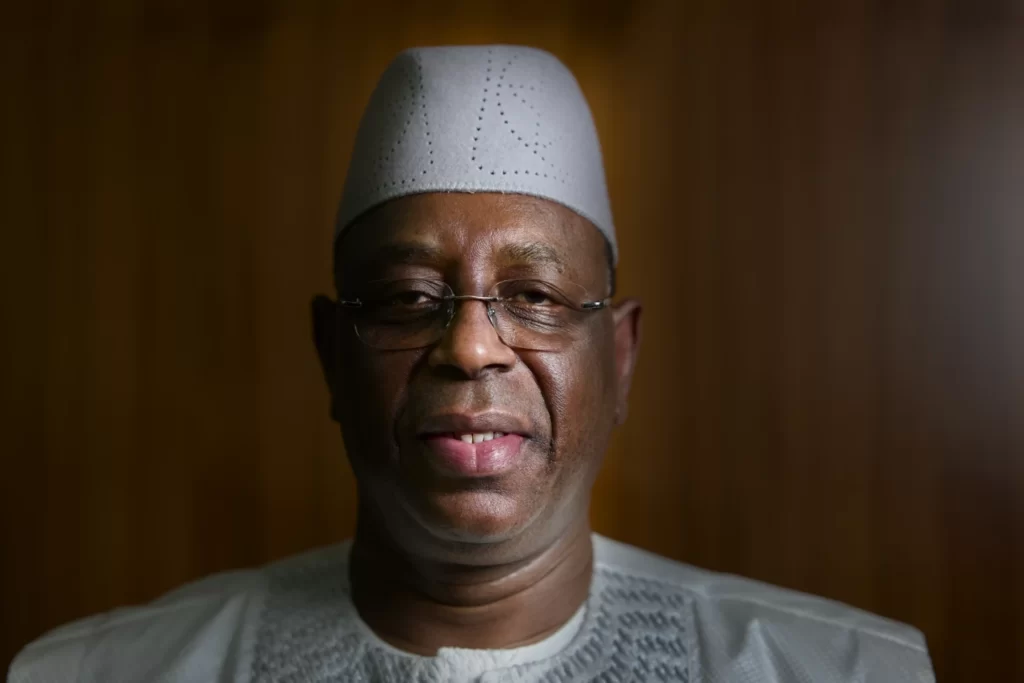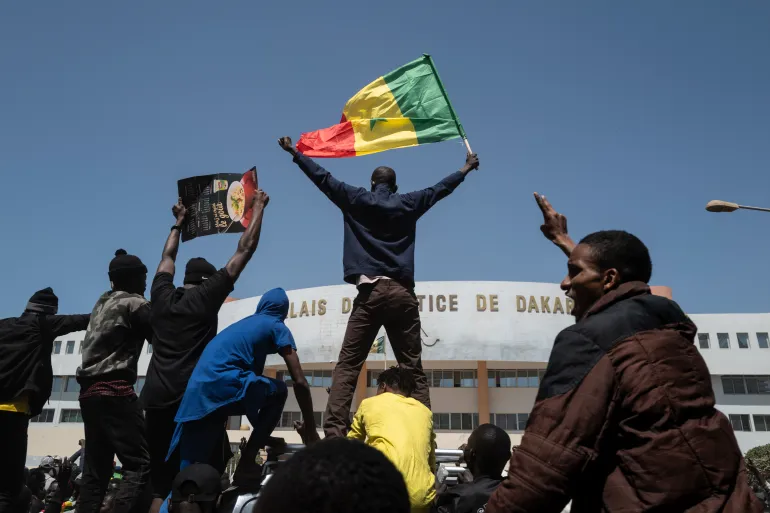In any dynamic democracy, protests serve as a vital thread, weaving together the voices of the people to hold power accountable. When orchestrated with purpose, protests are not merely gatherings of discontent but powerful expressions of democratic values.
However, amidst the heat of demonstrations, there is a thin line between efficacy and futility. As countries navigate the complex governance terrain, it is imperative to recognize the significance of purposeful protests while addressing the common pitfalls that often undermine their impact.
At the heart of any successful protest lies a clear and compelling purpose. Whether it’s advocating for social justice, demanding governmental accountability, or championing human rights, a defined objective serves as the guiding light for collective action.
Without a clear goal, protests risk devolving into chaotic displays of frustration, devoid of meaningful direction. Therefore, organizers must carefully articulate their grievances, outlining tangible objectives that resonate with the broader populace.
Yet, despite the noble intentions that often underpin protests, many falter on the path to achieving their aims.
One of the primary reasons for this failure is the lack of strategic planning and coordination. Too often, protests are hastily organized without sufficient groundwork, leading to fragmented messaging and disorganized mobilization efforts. As in the case of Fix-The-Country and other demonstrations undertaken in Ghana in recent times.
In such instances, the efficacy of the protest is significantly diminished, as it becomes easier for detractors to dismiss the movement as unfocused or incoherent.
Moreover, the absence of sustained pressure is another critical factor that hampers the effectiveness of protests. All too frequently, demonstrations flare up in a burst of passion only to dissipate as quickly as they arose.
Without the endurance to weather the storms of resistance, protesters risk losing momentum and allowing their demands to be swept aside.
Consistency is key; protesters must demonstrate unwavering resolve, persisting in their advocacy until their objectives are met or meaningful progress is achieved.
To address these inherent challenges, several strategies can be employed to enhance the impact of purposeful protests.
Firstly, organizers must invest time and effort in meticulous planning, ensuring that their message is clear, coherent, and resonates with the broader public.
This entails engaging in outreach efforts, building coalitions, and leveraging various platforms to amplify their voices.
Secondly, protesters must adopt a long-term perspective, recognizing that meaningful change often requires sustained pressure over an extended period.
By establishing clear goals and milestones, organizers can chart a course for their movement, fostering a sense of purpose and determination among participants.
Additionally, the power of strategic alliances cannot be overstated. By forging partnerships with like-minded organizations, activists can amplify their message, broaden their base of support, and exert greater influence on decision-makers.
Collaboration strengthens the collective voice of the protest movement, making it more difficult for authorities to ignore or marginalize their demands.
Impact Of Protests In Senegal

In a recent development, Senegal will head to the polls on Sunday, March 24 to vote in a tightly contested presidential race that has fired up political tensions and protests following President Macky Sall’s unsuccessful effort to delay the February 25 vote until the end of the year.
Leading up to Sunday’s vote, top opposition leader Ousmane Sonko was released from prison last week, triggering jubilant celebrations on the streets of Dakar and renewed excitement about the contest.
Sunday’s election is set to be Senegal’s fourth democratic transfer of power since it gained independence from France in 1960. The country is viewed as a pillar of stability in a region that has seen dozens of coups and attempted coups in recent years.
Had it not been the proper usage of a series of coordinated protests across the country, Sall would have gotten away with his administrative fiat.
As such, purposeful protests are a cornerstone of democratic expression, providing a platform for citizens to voice their grievances and demand accountability from those in power.
However, to maximize their impact, protests must be grounded in clear objectives, strategic planning, and sustained pressure. By harnessing the power of purpose and perseverance, protesters can effect meaningful change and uphold the principles of democracy.
READ ALSO: Innovation’s Enemy Within




















